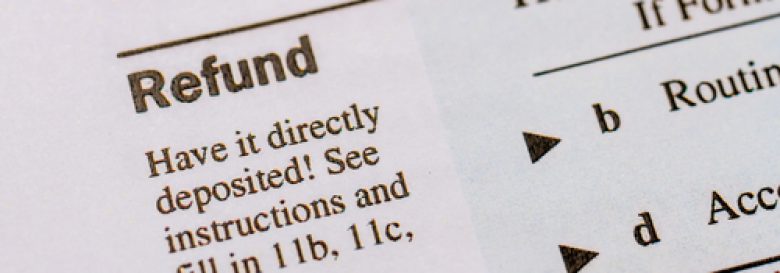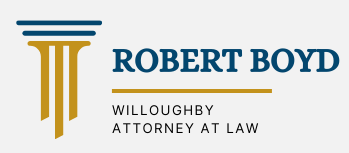Tax Refunds and Chapter 7 Bankruptcy?

Chapter 7 bankruptcy can help you start over and eliminate the burden of debt that you’re unable to repay, but with that fresh start comes some downsides. One of these is that it’s possible for you to lose your tax refund as a part of the bankruptcy proceedings; however, this doesn’t happen to everyone. Read on to learn more about how Chapter 7 bankruptcy affects tax refunds.
Chapter 7 and Your Assets
When you file for Chapter 7, your assets are first used to settle as much of your debt as possible. The Bankruptcy Code states that real estate, cars, savings accounts and other items can all be used as assets, and under the definition of assets, tax refunds are among the items that can be taken and used to pay creditors. Normally, bankruptcy trustees will ask whether or not you have received a tax refund or expect to receive one at the meeting with your creditors at the beginning of Chapter 7 proceedings.
How Tax Refunds Are Treated
Under ordinary circumstances, tax refunds are treated as follows during a Chapter 7 Bankruptcy:
Previous year’s refunds received before the bankruptcy. Any unspent funds that remain from the tax refund may be used to pay creditors.
Refunds from the year of the bankruptcy. The trustee will use some of your refund to pay your creditors. The amount is determined by your bankruptcy filing date and will be determined based on your income.
Next year’s refund after bankruptcy filing. You can keep all of the funds from refunds the year after you file.
Planning Is Key
With careful planning, it’s possible to minimize the amount of your refund that will be used as a part of your assets for paying creditors during a bankruptcy. You can do this in three ways:
– By changing your withholdings, so that your refund amount is reduced and you receive more money in your pay
– By using the money to pay for necessary expenses like work on your home or car repairs
– By having the refund included in your allowable bankruptcy proceedings
It’s also possible that you may be able to keep some of your tax refund if you qualify for certain tax deductions, such as the Earned Income Credit or the Additional Child Tax Credit. The situation is complex, but an experienced bankruptcy attorney can help you plan appropriately if you typically receive a large refund.
At the law office of Attorney Robert A. Boyd in Willoughby, Ohio, we help clients weigh all of their options when it comes to bankruptcy. We can explain how Chapter 7 will affect all of your finances, including your tax return, and provide you with advice regarding how to proceed. Call us at 440-230-3230 to schedule a consultation.
